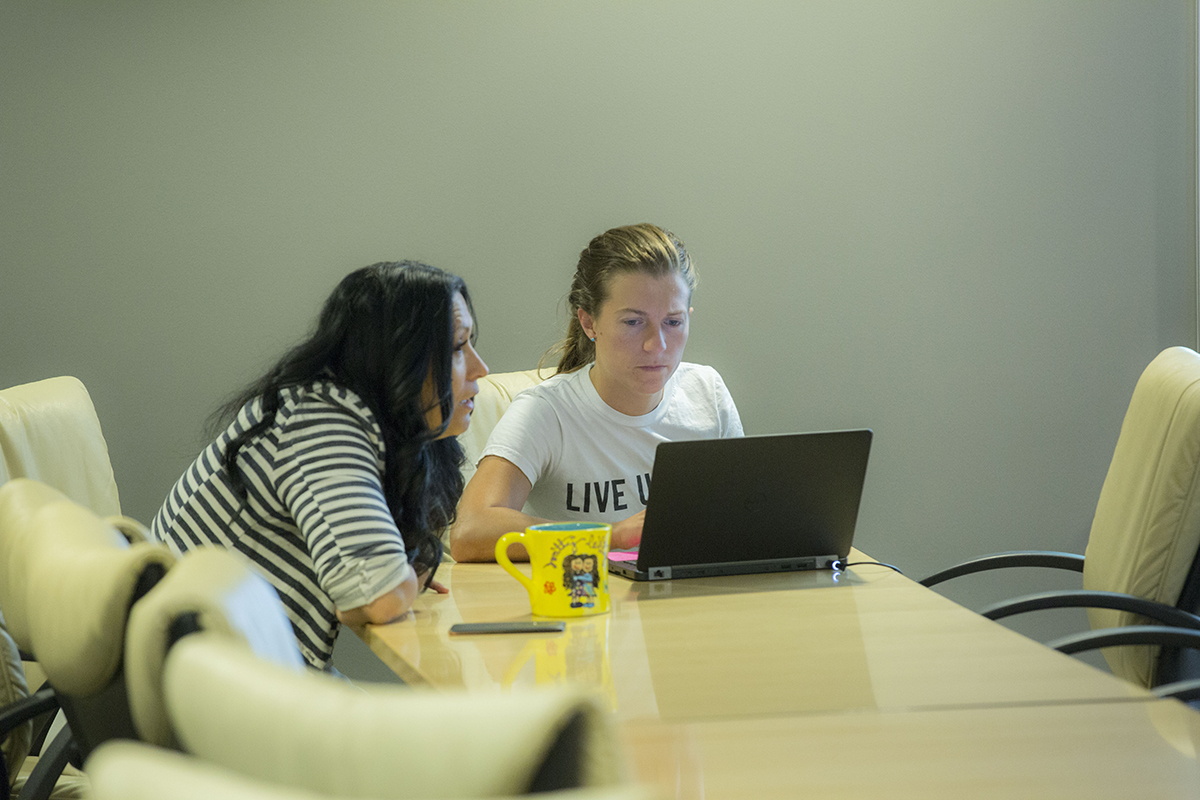
Just as Hurricanes Harvey, Irma, Maria and Nate consumed our attention a year ago, the death, dislocation and destruction from the Carr Fire and other wildfires dominate our thoughts now. Volunteers are needed for all natural disasters like these, long after the cameras and attention are diverted elsewhere.
It’s never too soon to take action and be prepared to volunteer after a disaster, whether it’s clear across the country or in your community. Here are a few pointers for getting involved.
Don't show up unannounced Just because you can travel to a disaster site doesn’t mean you should. Just showing up will add to the chaos and could potentially be unsafe. Wait until specific needs and opportunities have been identified. Plus, right after a disaster, it is easy for a community to get overwhelmed by all the caring people who want to help. Get in touch with an established organization to help ensure that you are appropriately trained and supported to respond in the most effective way.
Sign up now. You don’t have to wait until there’s a crisis to get involved. The National Voluntary Organizations Active in Disaster (VOAD) is a network of agencies with more than 60 member organizations nationwide. National VOAD members respond to disasters in the United States and around the world. Register with a National VOAD member to volunteer.
Get trained. Close to home, your local United Way, Red Cross or Salvation Army are good places to learn how disaster response is addressed in your community. All offer trainings throughout the year to tap and strengthen the skills of local volunteers. For example, how does a community manage an influx of donated items and the many local and visiting volunteers who want to help? United Way of Portage County trains volunteers to staff a volunteer reception center and United Way of Onslow County offers courses on managing donations and volunteers.
United Way of Salt Lake annually trains all its employees about what to do during an earthquake and how to handle 2-1-1 calls after a disaster or during a public health threat like a Zika outbreak. This free, confidential phone service provides 24/7 information and support in North America. The specialists on the other end of the line use a network of information from government, private and nonprofit organizations to get people the help they need as quickly as possible.
2-1-1 operates nationwide and year-round. United Way of Asheville and Buncombe County, part of NC 2-1-1, for example, continues to respond to 2-1-1 calls related to Hurricane Matthew and Western North Carolina floods some two years after the storm.
Protect yourself. If you don’t have a disaster response plan to protect your family – including pets – you won’t be able to volunteer to help others in your community. These resources offer a wide range of disaster preparedness guidance and information:
Department of Homeland Security
Centers for Disease Control and Prevention
Federal Emergency Management Agency
![]()




